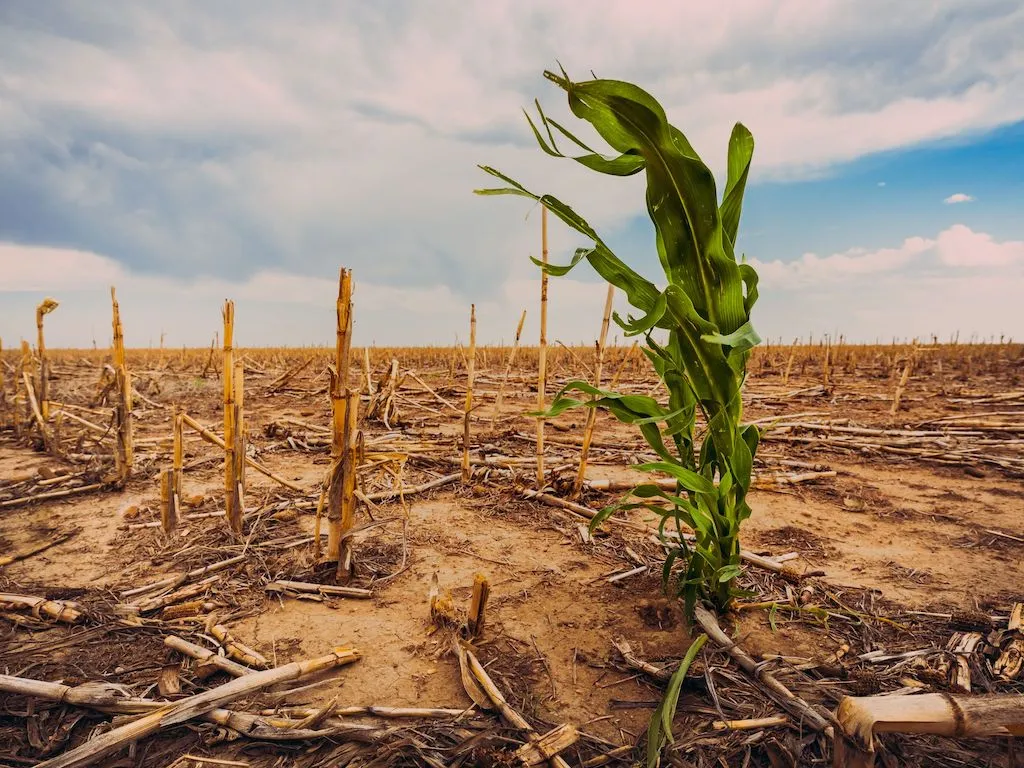In an increasingly interconnected world, the agri-food supply chain is facing unprecedented economic vulnerabilities, according to a comprehensive review published in *Frontiers in Sustainable Food Systems*. The research, led by Yongjie Xue from the School of Economics at Shandong Women’s University in China, delves into the complex web of disruptions that threaten global food security, particularly for smallholder farmers and export-oriented economies.
The study highlights how recent crises, such as the COVID-19 pandemic and the Russia–Ukraine conflict, have exposed the fragility of agri-food systems. These systemic shocks disrupt production, distribution, and consumption, leading to food insecurity, especially in the Global South. “The agri-food supply chain is a complex network that is highly susceptible to economic, environmental, and geopolitical disruptions,” says Xue. “Our research underscores the urgent need for resilient and inclusive strategies to mitigate these risks.”
Key issues identified in the review include limited financial access, infrastructural deficits, digital exclusion, and food price volatility. These challenges are particularly acute for smallholder farmers, who often lack the resources to adapt to sudden changes in the market. The study emphasizes the importance of policy reform, digital technology adoption, and collaborative capacity building to strengthen the agri-food supply chain.
One of the most promising mitigation strategies highlighted in the research is the adoption of digital technologies such as blockchain and the Internet of Things (IoT). These technologies can enhance transparency and efficiency in the supply chain, reducing the impact of disruptions. “Digital technologies offer a powerful tool for improving supply chain resilience,” notes Xue. “However, their successful implementation requires addressing issues of digital exclusion and ensuring that smallholder farmers are not left behind.”
The study also calls for strengthening local food systems and the development of financial risk transfer instruments to protect farmers and consumers from economic shocks. By fostering multi-stakeholder cooperation and interdisciplinary approaches, the research aims to lay the foundation for resilient and sustainable agri-food systems capable of withstanding future challenges.
The commercial impacts of this research are significant for the agriculture sector. By identifying key vulnerabilities and proposing effective mitigation strategies, the study provides a roadmap for businesses and policymakers to enhance the resilience of their supply chains. This is particularly important for export-oriented economies, which are highly dependent on global markets and are therefore more exposed to economic disruptions.
As the world continues to grapple with the consequences of climate change, geopolitical tensions, and pandemics, the need for resilient agri-food systems has never been more pressing. The research published in *Frontiers in Sustainable Food Systems* offers valuable insights and practical recommendations for building a more sustainable and inclusive future for the agriculture sector. By addressing the economic vulnerabilities in the agri-food supply chain, we can ensure food security and protect the livelihoods of millions of farmers worldwide.

